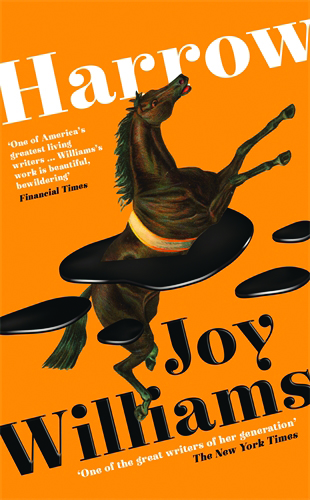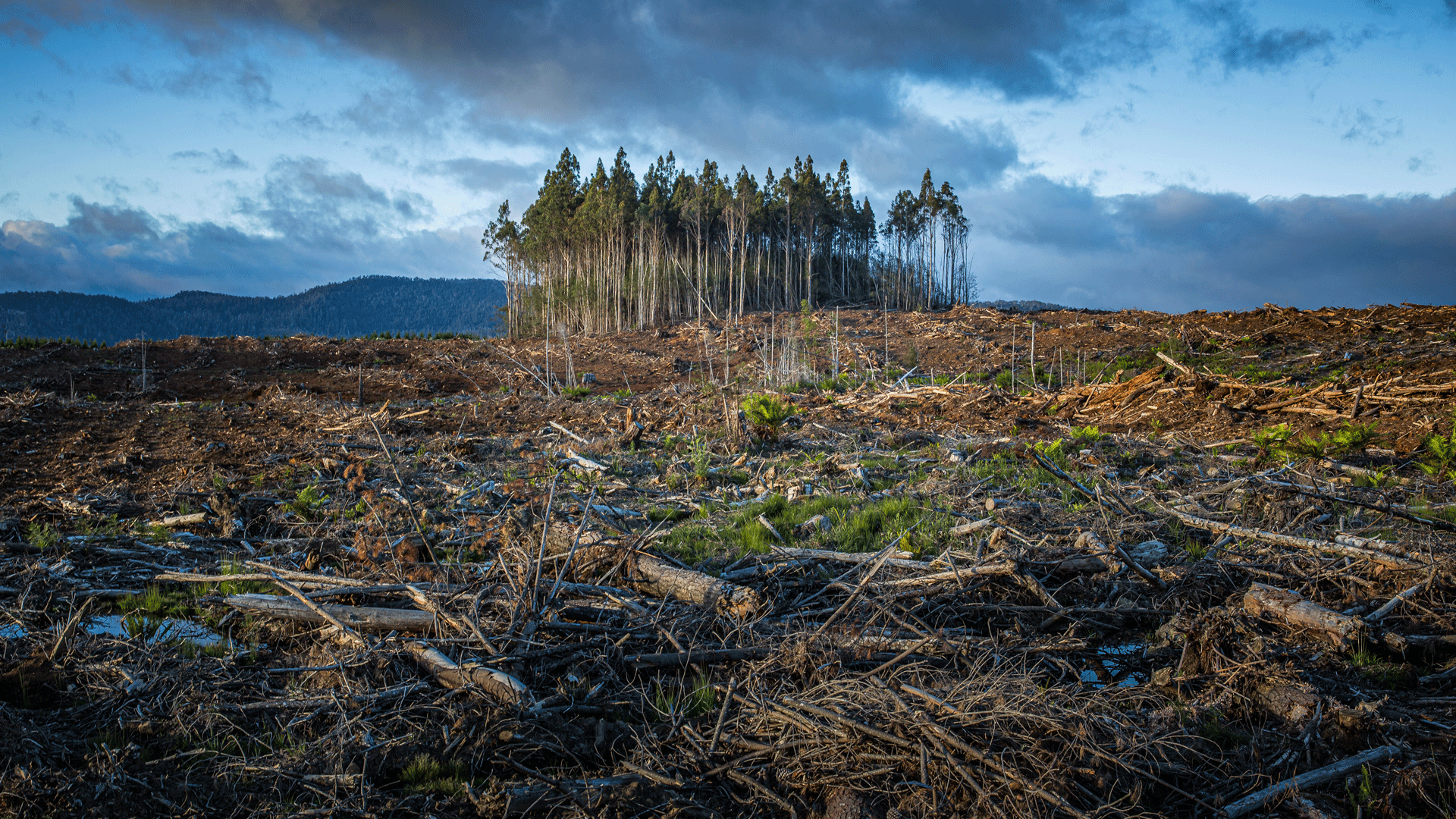Towards the end of Joy Williams’ glittering climate change novel Harrow, the main character, Khristen, is being quizzed on the Kafka short story, The Hunter Gracchus. The story is about a man who – upon his death – is fated to sail forever on choppy seas. Khristen proclaims it “revelatory while being impossible to interpret.”
So too with Harrow. The writing is electric, the imagery unforgettable, the satire unflinching, but the meaning is sometimes wilfully obscure. The reader is meant to share the protagonists’ disorientation.

now (Tuskar Rock Press, £14.99)
The world has suffered an environmental catastrophe. The border between life and death is porous. The survivors appear – like Gracchus – to inhabit a half-way house between the two: a purgatory in which they must repent. Khristen is the embodiment of this liminal state. Her mother believes she stopped breathing as a baby and then returned, and so is destined for greatness. She is desperate for her daughter to recall her time on the other side.
Khristen is at boarding school when the catastrophe occurs. Cast out, she treks across a Dali-esque landscape in search of her mother but ends up at a centre that is part hospice, part terrorist cell. The elderly inhabitants hope to leave this earth with a flamboyant act of atonement/healing: a suicide mission to take out an evil polluter.
Williams’ book (her first in more than 20 years) is founded on religious ideology. The title of the last one – The Quick and the Dead – alludes to judgement day. Harrow is a reference to the agricultural implement which has become the ubiquitous symbol of the age, but also, surely, to the harrowing of Christ: the period between the Crucifixion and the Resurrection.
Yet the world Williams creates is nihilistic. With nature trashed, society has reinstituted the worst aspects of the old culture. There is no empathy and little art, but “Disneyworld has rebooted.” Those who try to mitigate against further damage are sent up as “filthy youths” who think they can save the planet by grinding up nuts for pancake meal. “Have you ever had one of their goddam proselytising pancakes?” one critic asks.









